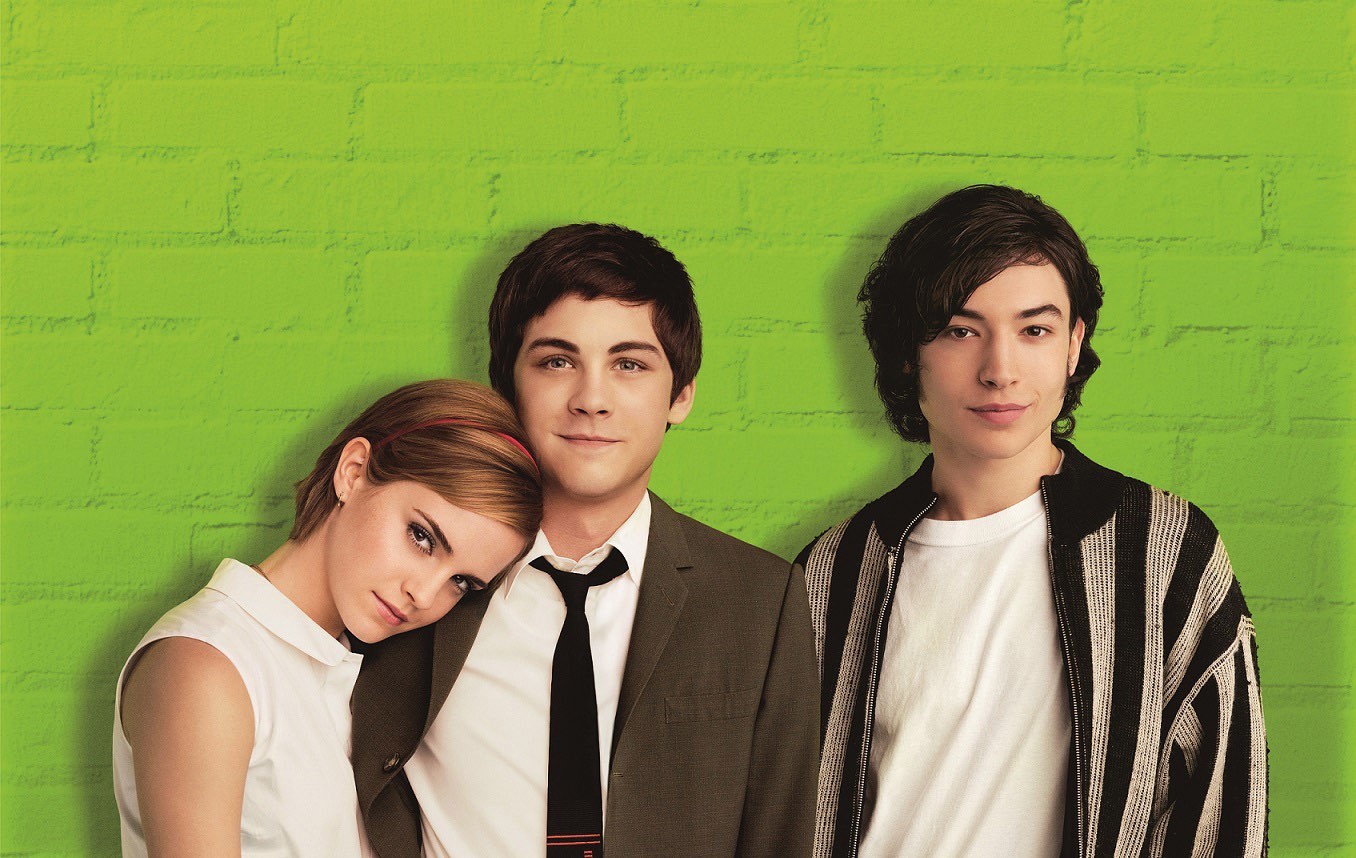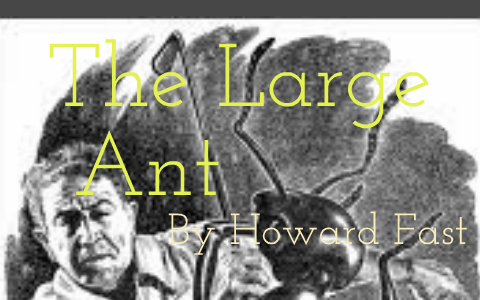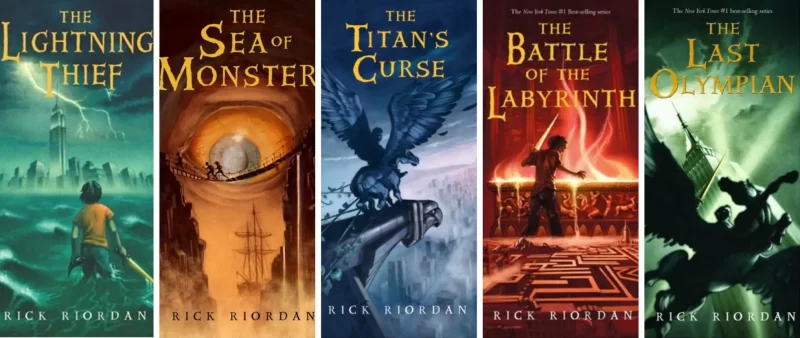Like I mentioned in my last post, my first book review is gonna be about The Perks of Being a Wallflower by Stephen Chbosky. I read it earlier this year and absolutely loved it, to the point that I had to stop myself from rereading it the next day.
What is The Perks of Being a Wallflower about??
I would rather not ramble on with a bunch of paragraphs just summarizing the book because I want to spend my time really going into an analysis of it and my personal thoughts. So, pardon my laziness, but this is how ChatGPT would summarize The Perks of Being a Wallflower:
“The Perks of Being a Wallflower by Stephen Chbosky is a coming-of-age novel told through a series of letters written by Charlie, an introverted and emotionally sensitive high school freshman. As he navigates the challenges of adolescence, Charlie befriends two charismatic seniors, Sam and Patrick, who introduce him to music, parties, and deeper emotional connections. While he struggles with past trauma, mental health issues, and the complexities of relationships, he ultimately learns about love, self-acceptance, and the importance of living in the moment. The novel explores themes of friendship, identity, and healing, capturing the raw and often painful experience of growing up.”
To be honest, this AI generated summary doesn’t really do it for me, but for the sake of the blog I’ll go with it. Charlie, our main character, writes a series of letters to an unnamed recipient who he just calls “friend.” He’s introverted, lonely, maybe a little odd, and feels things very deeply. Really, he makes for a perfect character for any adolescence to relate to.
What sticks out?
The book takes the reader through Charlie’s journey as a freshman in high school, and the letter aspect gives it an incredibly personal and almost intimate feel. There are many aspects of this book that heavily stick out to me. For the sake of not making this agonizingly long, I’m going to focus on just the top two that I saw. Firstly, the portrayal of his confusion in almost every aspect of himself, and secondly, the heavy impact his slowly resurfacing trauma had on him. By the epilogue, everything ties together very intricately, everything can be perfectly related to each other; that is probably the most impressive part of this book for me.
Charlie’s confusion
With the very personal feel of the letters, it’s easy to see how unsure Charlie is of most things. He is confused and still trying to figure out who he is and where he fits. One very important moment in first few pages of the book takes place with his English teacher, Bill, who he has a strong bond and connection with. He opens up to Bill about witnessing his older sister’s boyfriend hitting her, and how she made him swear he wouldn’t tell their parents. He listens, but he is filled with guilt and confusion. Bill tells him, a very well known quote,
“Charlie, we accept the love we think we deserve.”
This is an influential moment for Charlie, and he even says it’s something he will never forget. Throughout the rest of the book, although often unsaid, he wrestles with this idea and his own self worth. This ties into a later moment, where he is at a party with his new friends. He is stoned out of his mind, and didn’t even realize until they told him. Patrick, one of the people that will soon become one of his closest friends, calls him a wallflower, saying that he sees things, keeps quiet, and understands. Following this, Charlie writes,
“I didn’t know other people thought things about me. I didn’t know that they looked. I was sitting on the floor of a basement of my first real party between Sam and Patrick, and I remembered that Sam introduced me as her friend to Bob. And I remembered that Patrick had done the same for Brad. And I started to cry. And nobody in the room looked at me weird for doing it. And then I really started to cry.”
This is the first time we see Charlie realize that he feels accepted and in place with these people, that they truly see and appreciate him. Later on in the book, when things get rocky and he makes some mistakes that affect his friendships, we can see Charlie really fall apart. He tries to apologize to his friends and make amends, which ultimately does happen, but at first they make it clear he needs to keep his distance. After this, he writes,
“I just wish that God or my parents or Sam or my sister or someone would just tell me what’s wrong with me. Just tell me how to be different in a way that makes sense. To make this all go away. And disappear. I know that’s wrong because it’s my responsibility, and i know that things get worse before they get better because that’s what my psychiatrist says, but this is a worse that feels too big.”
I really like this passage and how it shows Charlie’s vulnerability and confusion of his own feelings and the things that happen to him. He just wishes someone, anyone, could give him an explanation on what he feels because he doesn’t know how to explain it to himself.
There are tons and tons of other moments from this book that I want to talk about, but these are the ones that I feel really encapsulate his struggle with self image and his confusion in himself. He tries to make sense of what he feels and experiences, but can never quite get there. I find this to be a really great aspect of the book that can resonate with basically anyone who reads it.
Charlie’s suppressed trauma
This aspect is very impactful to me. While it doesn’t really surface until the very end of the book and near the epilogue, it concludes the book beautifully. It shows Charlie getting the closure that he desperately needed to start improving his mental health and dealing with his troubles, and in turn gives the reader the same.
Throughout the book, Charlie frequently mentions his late Aunt Helen, who passed on his seventh birthday in a car accident. He says she was his favorite person ever, and dwells on her death often. At one point while he is struggling with what he is going through, he writes,
“If my Aunt Helen were still here, I could talk to her. And I know she would understand how I am both happy and sad, and I’m still trying to figure out how could that be.”
He basically idolizes her, frequently visiting her grave and spilling his heart out. She is incredibly important to him, and I really like how Chbosky makes sure to emphasize this. A very emotional letter to me is when he talks about how the first thing he did when he got his drivers license was go to her grave with flowers and a mixtape that he made to leave for her. He writes,
“I told Aunt Helen all about my life. . . I remember when I was about to say good-bye to my Aunt Helen, I started crying. And it was a real kind of crying, too. Not the panicky type, which I do a lot. And I made Aunt Helen a promise to only cry about important things because I would hate to think that crying as much as I do would make crying for Aunt Helen less than it is.”
Charlie makes it clear that he is a very emotional person, and he often dislikes that about himself. He reprimands himself for “panicky crying” or overreacting about things he thinks are small. But, he makes sure to be clear to himself that she is important, and crying for her is equally so.
These quotes, on top of the many others throughout the book that I won’t include, make his realization and remembering of his trauma incredibly poignant.
In the very last letter, Charlie writes about when he is with Sam, one of his friends who he has a huge crush on. It’s one of the last times they hang out before she leaves for college, and they are very emotional and spend a long time expressing their feelings to each other. They end up sharing an intimate moment, to which Charlie freaks out very soon in. He writes,
“I guess I nodded because she helped me get dressed. And then she put on her shirt. And I wanted to kick myself for being such a baby. Because I loved Sam. And we were together. And I was ruining it. Just ruining it. Just terrible. I felt so terrible.”
He expresses that he doesn’t even know what was wrong in the moment, but later he is writing about a dream he had, where he simply states,
“My brother and my sister and I were watching television with my Aunt Helen. Everything was in slow motion. The sound was thick. And she was doing what Sam was doing.”
To me, it’s almost haunting how simply he writes it, and how even in its ambiguity, it’s very easy to piece together what happened to him. These last couple pages are very heavy and beautifully show Charlie spiraling into an incredibly dark place. It ends with a very vague implication of him attempting suicide.
The epilogue is a six page letter, two months after his last. He talks about being in the hospital for the past two months. He is working to get better, and is accepting and realizing the harsh truth of what happened; his Aunt Helen had molested him very frequently throughout his childhood. It’s a heartbreaking realization to see, that the person he idolized and loved so dearly was a huge factor in his mental health issues and unresolved trauma. It is a very realistic depiction of how thousands upon thousands of people cope with childhood trauma; blocking it out of their minds and using something else to snuff it out. I admire how well this aspect of the book was written and displayed, with him never truly realizing until he was spiraling out of control.
Overall?
There are endless other things about this book that I could ramble on about for hours, and these were the two that really stuck out to me more than anything else. This book is incredibly heavy and gives very personal insight to the things Charlie went through and how he coped without really knowing why he was the way he was. Personally, it is a must read and something that could resonate with almost anybody.




5 Comments
Add Yours →Simply, wow. Your analysis of this book makes me want to go buy the book right now. While reading your analysis, I was FAR from expecting it to turn around to finding out that Aunt Helen molested Charlie. That definitely grabbed my attention completely. Overall, amazing job with your analysis and I can’t wait to see what other books you do throughout the semester.
Your analysis and talking about how you felt about it especially drew my attention to your writing. The thing I found most interesting was how you included a summary of the book through ChatGPT, mentioning how its’ summary was inadequate and then went on to provide a further in depth summary through analyzing what you thought were the most important scenes
Talia, great stuff! A couple of prof-type comments here, because they will help your readers as well as you:
First, this could have been TWO POSTS: it’s long enough, and I want you all to get the credit you deserve for blogging. But I don’t want to demand a rewrite. What if, going forward, you use the trauma section, for example, as a building block for a post about trauma representation in YA / some subgenre of YA?
Second, when I looked the book up I saw a 1999 publication date which surprised me! A contemporary of early Harry Potter–before the big 21st century YA boom. I wonder about it as an influence–or is it actually different from later trends?
Finally, responding to Zoey’s response–how do y’all feel about “spoilers” in general? Maybe this is something for the book blogging community to talk about?
Speaking as someone who has only watched the movie version of this story, I feel incredibly cheaped out. The experience you’re describing of reading those final pages and learning about Aunt Helen feels so surreal, but in the movie, I had pretty much forgotten Charlie even had trauma in the first place, focusing instead on the plotline of ‘introvert finds himself through extroverts’. Now, I probably wasn’t paying too much attention since I was watching the film for an assignment that I couldn’t have cared less about, but still.
This analysis is very good. I have both read the book and seen the movie. I could 100% agree with you that the book brings about more intense emotions. Unlike the book the movie leaves many open-ended questions about what happened to Charlie, it felt as though those who haven’t read the book, were just also assuming that Aunt Helen was harming Charlie. The book has more of a personal aspect to it. (it’s been one of my favorite books since the 8th grade). I like how much effort you put into this analysis showing your love for this book